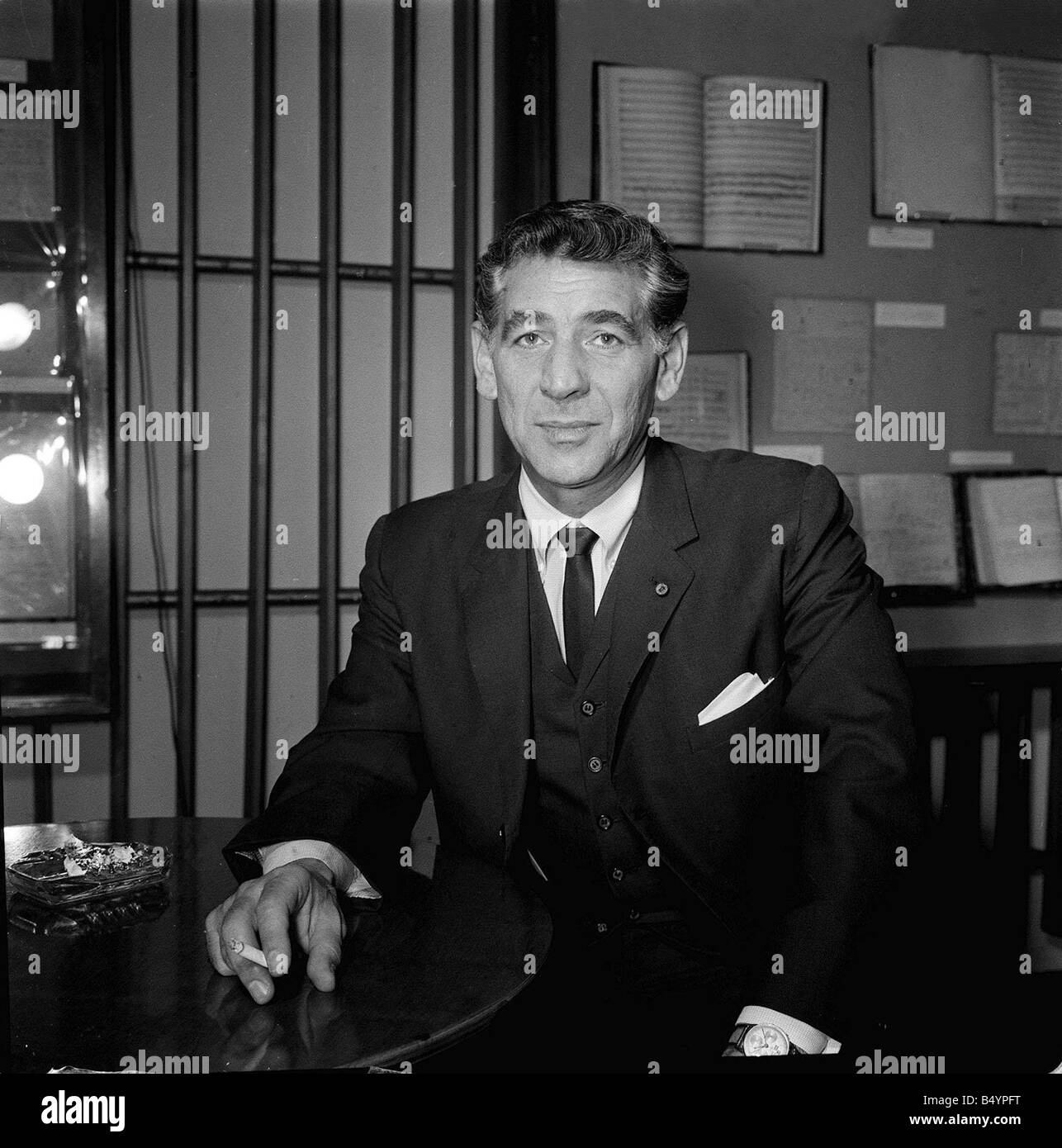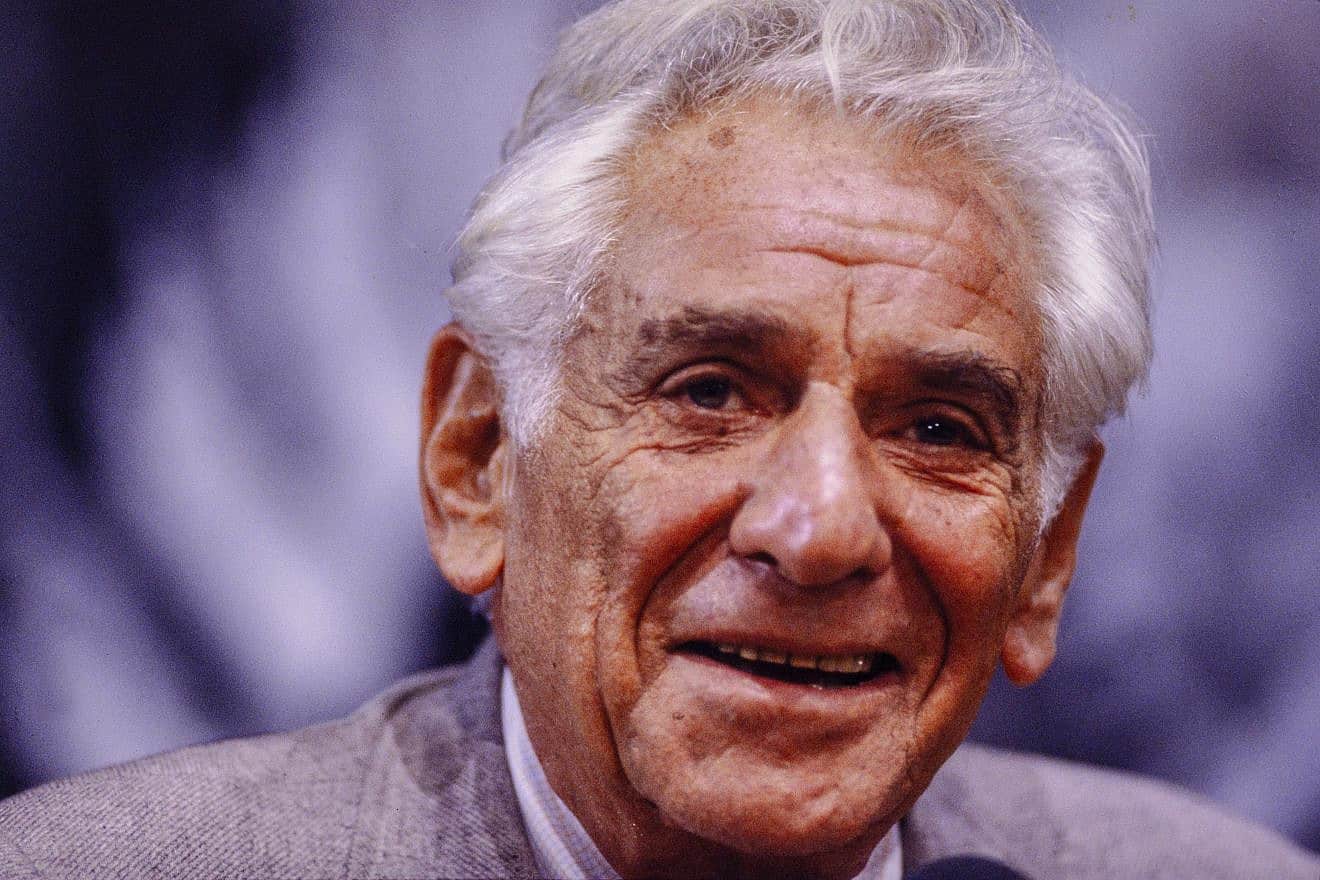
When considering the rich tapestry of **American music**, one name that frequently stands out is that of **Leonard Bernstein**. Born on August 25, 1918, in the vibrant city of Lawrence, Massachusetts, Bernstein’s musical journey is a testament to his extraordinary talent and passion for the art. He was not just a conductor; he was a prolific composer and an accomplished pianist whose influence spanned across both **classical** and **popular music** genres. Bernstein’s innovative approach and charismatic presence transformed the way audiences experienced music, making him a pivotal figure in the 20th century. His contributions to Broadway, particularly with iconic works like “West Side Story,” showcased his ability to blend classical techniques with contemporary themes. As we explore the life and legacy of this remarkable artist, we uncover the profound impact he had on the music world, inspiring countless musicians and captivating audiences around the globe. Bernstein’s story is one of creativity, passion, and an unwavering commitment to the power of music.
Early Life and Education

Childhood Beginnings
Leonard Bernstein’s profound love for music emerged during his formative years, marking the beginning of a remarkable journey that would resonate throughout the world. He began his piano studies at the tender age of 10, quickly revealing a remarkable natural talent that would soon enchant audiences far and wide. Growing up in a Jewish household, Bernstein’s cultural heritage significantly influenced his musical identity, infusing his compositions with rich emotional depth and a unique perspective that reflected his upbringing. This early exposure to music and the arts laid a solid foundation for his future endeavors, igniting a lifelong passion that would define his career.
Academic Pursuits
Bernstein’s academic journey took him to the prestigious Boston Latin School, where he excelled in his studies before moving on to Harvard University, from which he graduated in 1939. At Harvard, he immersed himself in the study of music theory under the esteemed guidance of Arthur Tillman Merritt and delved into counterpoint with the renowned composer Walter Piston. His insatiable thirst for knowledge and mastery of the craft propelled him to the Curtis Institute of Music in Philadelphia, where he further refined his conducting skills under the mentorship of the distinguished conductor Fritz Reiner. These academic pursuits not only sharpened his technical abilities but also deepened his understanding of the complexities of music.
Influential Mentors
During his time at the Berkshire Music Center in Tanglewood, Bernstein had the privilege of studying with the legendary conductor Serge Koussevitzky. This experience proved to be transformative, as Koussevitzky’s mentorship provided Bernstein with invaluable insights into the art of conducting and composition. The combination of rigorous training and an environment that encouraged creativity and innovation during these formative years laid the groundwork for Bernstein’s future success. His ability to blend traditional techniques with a fresh, modern approach would ultimately set him apart as one of the most influential figures in 20th-century music.
Rise to Prominence

New York Philharmonic Breakthrough
In 1943, Leonard Bernstein experienced a pivotal moment in his career when he was appointed as the assistant conductor of the prestigious **New York Philharmonic**. This opportunity would soon lead to a life-altering event that would catapult him into the limelight. One fateful evening, he was called upon to step in for the renowned conductor **Bruno Walter**, who was unable to perform. Picture the scene: Bernstein, a young and relatively unknown musician, standing on stage with the weight of the world resting heavily on his shoulders. As he raised his baton, he delivered a performance that not only captivated the audience but also marked the beginning of his extraordinary journey in the world of classical music.
International Recognition
Bernstein’s magnetic charisma and exceptional technical skills quickly caught the attention of music lovers and critics alike. In 1953, he achieved a groundbreaking milestone by becoming the first American conductor to lead an orchestra at **La Scala** in Milan, one of the most prestigious opera houses in the world. This accomplishment not only solidified his reputation but also showcased his ability to transcend cultural boundaries. His unique talent for connecting with audiences made him a highly sought-after guest conductor, allowing him to share his passion for music on stages across the globe.
Television and Education
Beyond his accomplishments as a conductor, Bernstein was also a passionate **musical educator**. He recognized the importance of making classical music accessible to younger generations and took to television to achieve this goal. Through innovative programs like **Omnibus** and the beloved **Young People’s Concerts**, he introduced classical music to a wider audience, breaking down complex concepts into engaging and understandable segments. His dynamic presentation style and ability to communicate effectively endeared him to many, making him a cherished figure in American culture and a lasting influence on music education.
Composing Masterpieces

Diverse Musical Influences
Leonard Bernstein was an extraordinary composer renowned for his ability to seamlessly blend a multitude of musical styles into his compositions. His works frequently drew inspiration from **biblical themes**, which added a profound depth to his music, while also incorporating **jazz rhythms** that infused his pieces with a vibrant energy. Additionally, Bernstein’s Jewish heritage played a significant role in his artistry, as he often integrated **Jewish liturgical elements** into his compositions. This eclectic and innovative approach not only showcased his versatility as a composer but also enabled him to create music that resonated deeply with a diverse audience, appealing to listeners from various cultural backgrounds and musical preferences.
Iconic Musicals
Among Bernstein’s most iconic contributions to the world of musical theater are the beloved productions **On the Town** (1944), **Wonderful Town** (1953), and the enduring classic **West Side Story** (1957). In collaboration with talented lyricist **Stephen Sondheim** and choreographer **Jerome Robbins**, Bernstein crafted a groundbreaking narrative that masterfully intertwined music, dance, and drama. This innovative fusion not only captivated audiences but also set a new standard for musical theater, showcasing the potential for storytelling through a combination of artistic elements that had never been fully realized before.
Film and Ballet Contributions
Bernstein’s remarkable talents were not confined to the stage; he also made significant contributions to the realms of film and ballet. He composed memorable scores for ballets such as **Fancy Free** (1944), which showcased his ability to convey complex emotions through movement and music. Additionally, his work on the film **On the Waterfront** (1954) earned him an **Academy Award nomination**, further solidifying his reputation as a versatile and accomplished artist. Bernstein’s unique gift for expressing emotion through music allowed him to transcend genres, making him a pivotal figure in both the theatrical and cinematic landscapes of his time.
Legacy and Impact

Historic Performances
In 1989, Bernstein conducted two historic performances of **Beethoven’s Symphony No. 9** in both East and West Berlin, celebrating the fall of the Berlin Wall. This event symbolized not just a musical achievement but a moment of unity and hope for a divided world.
Recognition and Awards
Throughout his career, Bernstein received numerous accolades, including the **Japan Art Association’s Praemium Imperiale prize for music** in 1990. His contributions to music were recognized not only in the United States but around the world.
Published Works
Bernstein shared his insights through several publications, including **The Joy of Music** (1959) and **The Unanswered Question** (1976). These works reflect his deep understanding of music and its impact on society.

Leonard Bernstein’s legacy is a testament to the power of music to inspire, educate, and unite people. His flamboyant conducting style, innovative compositions, and dedication to music education have left a lasting impact on generations of musicians and audiences alike. Whether you’re a classical aficionado or a casual listener, Bernstein’s music continues to resonate, reminding us of the beauty and complexity of the human experience.
Table: Key Milestones in Bernstein’s Life

| Year | Milestone |
|---|---|
| 1918 | Born in Lawrence, Massachusetts |
| 1939 | Graduated from Harvard University |
| 1943 | Assistant conductor of the New York Philharmonic |
| 1953 | First American to conduct at La Scala, Milan |
| 1957 | Premiered West Side Story |
| 1989 | Conducted Beethoven’s Symphony No. 9 in Berlin |
| 1990 | Awarded Praemium Imperiale prize for music |

